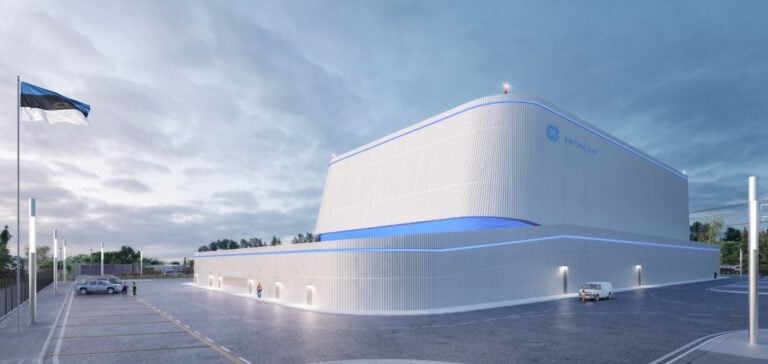After years of rigorous preparation, Fermi Energia, an Estonian company specializing in nuclear energy, has initiated the site selection process for a 600 MW nuclear power plant. The company has officially submitted an application to the Ministry of Economic Affairs and Communications to begin the necessary spatial planning.
This project is based on six years of extensive research, including 71 detailed studies and partnerships with 32 organizations. These efforts required an investment of €1.4 million, divided between technical analyses and public engagement. More than 50 information sessions were held across 15 localities in the Virumaa region, involving over 500 residents.
Critical Local Engagement
The municipal councils of Viru-Nigula and Lüganuse have already expressed their support for the project, approving their participation in the planning process in 2023 and 2024. The initial phases of site pre-selection, scheduled between 2025 and 2027, will focus on areas near Kunda and the village of Aa.
Between 2027 and 2029, detailed site-specific studies will be conducted to assess their technical compatibility and analyze geographic parameters. The ultimate goal is to submit a construction permit application in 2029, with construction beginning in 2031 and the first reactor operational by 2035.
Innovative Energy Model
The project relies on GE Hitachi Nuclear Energy’s BWRX-300 model, a 300 MW electric small modular reactor (SMR). This innovative design, featuring natural circulation and passive safety systems, builds on the experience of the already licensed ESBWR reactor.
Support for the project was strengthened by a resolution adopted by the Estonian parliament in 2024, creating a regulatory framework for the integration of nuclear energy. This initiative aligns with the national strategy to achieve carbon neutrality by 2050, reducing reliance on fossil fuels and diversifying the energy mix.
Energy Prospects
Currently, Estonia heavily depends on fossil fuels, particularly oil shale, for electricity generation. However, adopting nuclear energy represents a reliable, low-carbon solution to meet growing energy needs while ensuring competitive electricity prices.
“The spatial plan is essential for identifying the optimal location for the plant, balancing technical requirements with community interests,” said Kalev Kallemets, CEO of Fermi Energia. This initiative reflects Estonia’s commitment to enhancing its electrical grid stability while addressing long-term climate challenges.





















